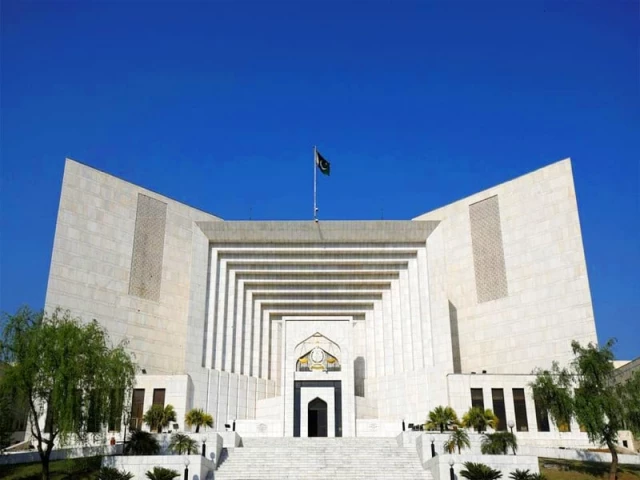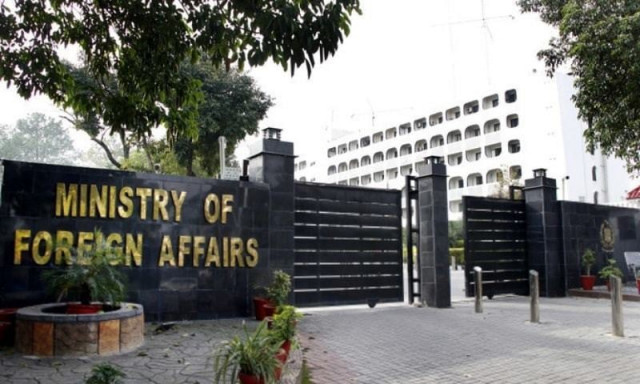Understanding the 26th Constitutional Amendment: A Deep Dive into Pakistan’s Judicial Reforms
The recent discussions around the 26th Constitutional Amendment in Pakistan have ignited considerable debate about the independence of the judiciary. This amendment, which was passed in October 2024, introduced significant changes to the country’s judicial framework. But what do these changes mean for Pakistan’s legal landscape, and why are so many petitioners challenging its validity? Let’s explore.
Key Features of the 26th Amendment
This amendment overhauled various aspects of the judicial system. One of the most talked-about changes is the removal of the Supreme Court’s suo motu powers under Article 184(3). This means that the Supreme Court can no longer take action on issues of public importance on its own accord. Additionally, the amendment fixed a three-year term for the Chief Justice of Pakistan (CJP), departing from the traditional practice of seniority-based appointments.
Moreover, the Prime Minister, through a parliamentary committee, now holds the authority to appoint the next Chief Justice from among the three most senior justices. This change has raised concerns about potential political interference in judicial appointments, further questioning the independence of the judiciary.
The Legal Battle Unfolds
An eight-judge Constitutional Bench of the Supreme Court, led by Justice Aminuddin Khan, is currently hearing multiple petitions challenging the amendment. Over 36 petitions have been filed, with petitioners ranging from high court bar associations to civil society activists and former judges.
A significant concern raised by these petitioners is the legitimacy of the legislative process that led to the amendment. Critics argue that it may not have secured the two-thirds majority required under Article 239 of the 1973 Constitution for constitutional amendments. This procedural impropriety forms the crux of the arguments to invalidate the amendment.
Calls for Transparency
Another compelling argument made by the petitioners is for greater transparency in judicial processes. Lawyers have emphasized that every citizen deserves access to information that holds public importance. In response, the Supreme Court has granted permission for live streaming of the proceedings related to the 26th Amendment, allowing the citizens to stay informed about the judicial discussions that affect them.
The Road Ahead
As the case moves forward, there are multiple layers to unpack. The discussions aren’t just about legal frameworks; they intertwine with issues of accountability, governance, and the very essence of democracy in Pakistan. The Supreme Court is set to reconvene, and the outcome could set precedent for how judicial authority is perceived and managed in the future.
The public’s desire for clarity is evident, and many are keen to see how these judicial reforms will unfold. Staying tuned to these developments is crucial not just for legal professionals but for every citizen invested in the democratic ethos of Pakistan.
Connect with Us
If you’ve found this discussion informative, consider engaging further with resources that can deepen your understanding of Pakistan’s constitutional dynamics. Platforms like Pro21st aim to bridge gaps in public knowledge and keep you connected with ongoing legal changes. Let’s keep the conversation going!
At Pro21st, we believe in sharing updates that matter.
Stay connected for more real conversations, fresh insights, and 21st-century perspectives.





